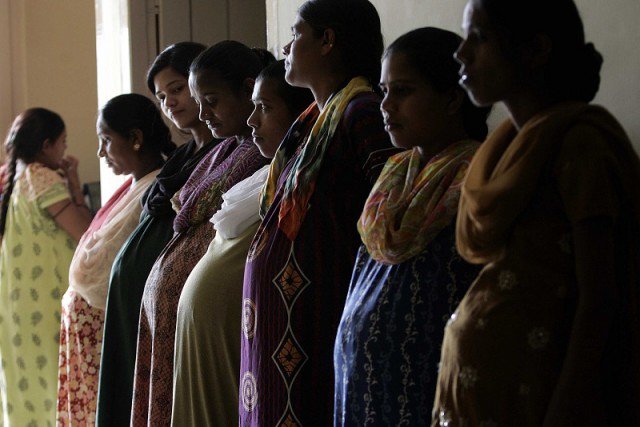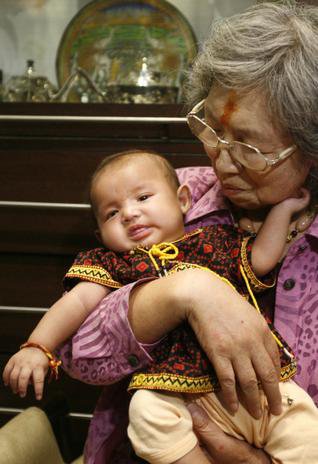Over the last few years, surrogacy has become an increasingly acceptable way to have children. Especially since films such as Mimi are helping destigmatise the process.

But in the past, several complicated cases have taken place with respect to surrogacy, specifically in instances where foreigners have opted to seek surrogate mothers in other countries. So here are a couple of things that we’d all benefit to know about in terms of surrogacy laws in India.
1. Commercial surrogacy was made legal in India in 2002.
Commercial surrogacy was made legal in 2002. Commercial surrogacy is when the surrogate mother is compensated and reimbursed for the pregnancy. Whereas altruistic surrogacy is when the surrogate mother declines any form of compensation and reimbursement.

2. The legal backup for surrogacy is somewhat flimsy.
The Indian council of Medical Research has a few mandates that need to be adhered to for any surrogacy contract to be carried forward. The guidelines include prohibiting sex-selective surrogacy, a birth certificate to only have the names of commissioning parents, the commissioning parents to be a donor, an insurance cover for the surrogate mother and an ensured right to privacy of the mother and the donor, etc. But these do not have legislative support. Which make the laws surrounding surrogacy flimsy.

3. Many bills were created for surrogacy regulation.
The first bill with respect to surrogacy was formed in 2008 -The Assisted Reproductive Technology (Regulation) Bill. But nothing was truly done to solidify it. Then, based on a report submitted in 2009, the Law Commission prompted the formation of the Assisted Reproductive Technology (Regulation) Bill, 2014. This bill wasn’t finalised either. Ultimately commercial surrogacy was banned in India in 2015, especially after the impact of the Baby Manji Yamada vs Union Of India & Anr case in 2008.

In 2016, the surrogacy-regulation bill was passed but it was very different to the 2014 bill and also excluded same-sex couples, single parents, couples in live-in relationships and foreigners from surrogacy in India. The most recent bill regarding surrogacy was formed in 2019.

4. Abortion is allowed with the consent of the pregnant woman.
According to the 2016 surrogacy bill, the intending couple has no say in the consent to abort a surrogate child. Under the provisions of the Medical Termination of Pregnancy Act, 1971, abortion in such cases is allowed with the consent of the ‘pregnant woman.’

5. Exploiting the surrogate mother is punishable with imprisonment.
Advertising it or exploiting the surrogate mother, selling or importing human embryos or gametes for surrogacy is punishable with imprisonment for 10 years and a fine of up to ₹10 lakh. As the 2016 bill has prohibited commercial surrogacy and only supports altruistic surrogacy, these transactions aren’t allowed.

We hope for more protection for surrogate mothers.

















